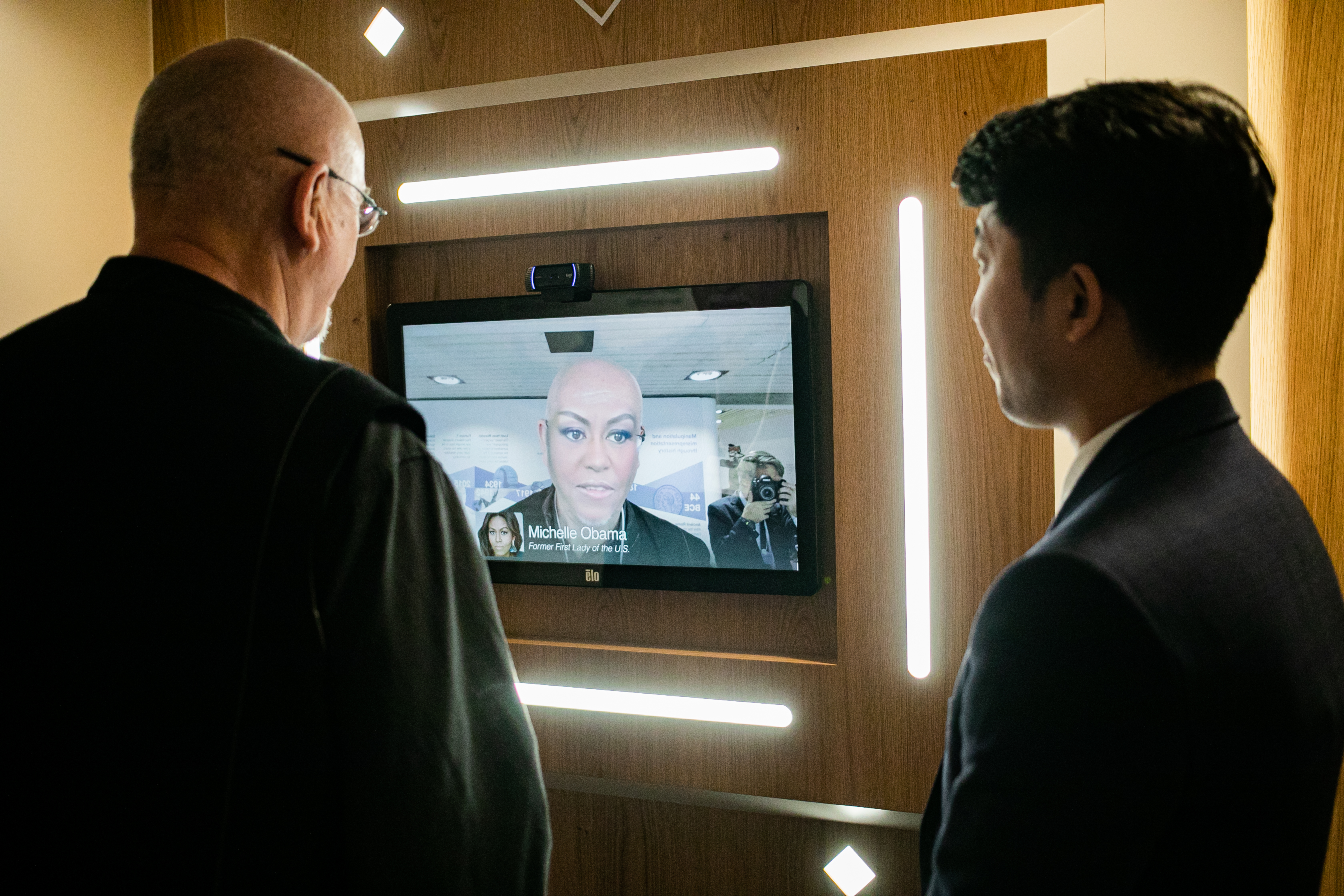Dr Mathilde Pavis published a Response to the call for views on Artificial Intelligence and Intellectual Property issued by the UK Intellectual Property Office in September 2020.
The aim of the UK Intellectual Property Office (UK IPO) is to assess the impact of artificial Intelligence technologies on existing intellectual property rights. The UK Intellectual Property also wants to ensure that the legal framework of intellectual property is supportive of innovation in artificial intelligence technologies.
The submission written by Dr Mathilde Pavis recommends that the UK IPO’s review includes performers’ rights. Performers’ rights are the intellectual property rights given to performers to control the commercialisation, and use by others, of their artistic performances.
Pavis explains that AI systems have introduced ground-breaking changes to the practice of performance synthetisation. Performance synthetisation is one the ways in which you can commercialise, or make use of, an artistic performance.
Performance synthetisation refers to the manipulation of a performance or performer’s likeness. Performance synthetisation powered by AI (or AI-made performance synthetisation) utilises live or recorded performances protected by performers’ rights as source material.
Synthetic content known as ‘Deepfakes’ is a good example of the type of synthetisation advancements in AI have made possible. Deepfakes are a form of performance synthetisation created with AI technology.
At present, intellectual property law does not protect performers and other stakeholders against AI-made performance synthetisation (such as Deepfakes) because the application of its provisions to this type of activity is unclear. Performers and other stakeholders are thus left exposed by the current intellectual property framework. As a result, this sector of the creative economy is currently ill-equipped to adapt to the changes brought by AI systems to their industry.
The submission points out this gap in the legal protection of performers and other relevant stakeholders, under performers’ rights. Dr Pavis argues that this gap in the law must be closed to protect the economic and moral interests of performers and those invested in the making of performances.
Dr Pavis explains that the legislator can easily close this gap by reforming statutory law. The submission describes how this can be done by amending the provisions of the Copyright, Designs and Patents Act 1988.

